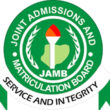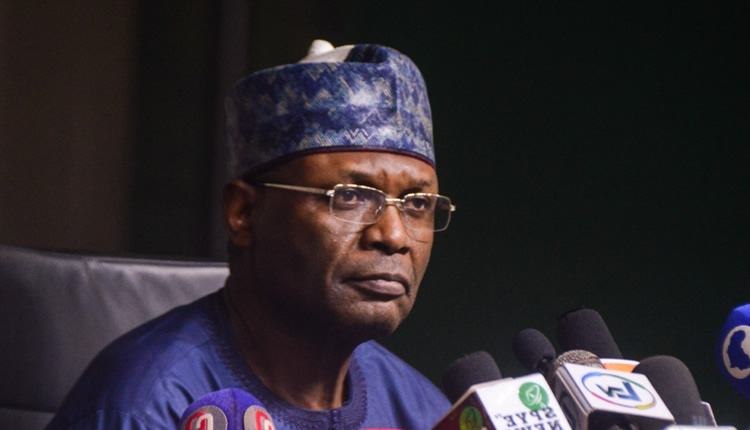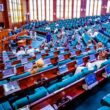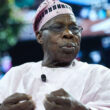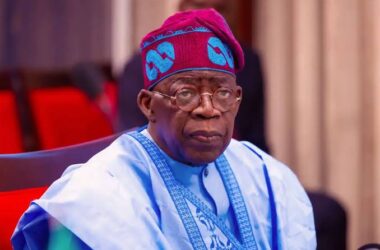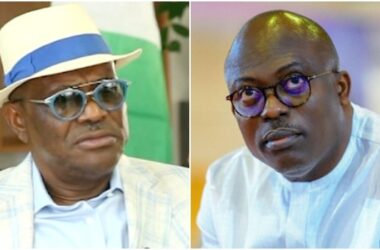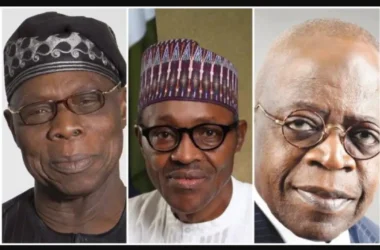The Independent National Electoral Commission (INEC) has confirmed the receipt of 91 applications from various groups seeking registration as political parties. This development comes as Nigeria gears up for the 2027 general elections, indicating a surge in political engagement across the nation.
The influx of applications has elicited varied reactions from established political entities. The Peoples Democratic Party (PDP) observed that the sheer number of applications suggests a fragmentation among opposition leaders.
In contrast, the New Nigeria Peoples Party (NNPP) interprets this trend as a reflection of the ruling All Progressives Congress’s (APC) shortcomings. Meanwhile, the Labour Party welcomes the increased political participation but urges INEC to meticulously evaluate each application to ensure only credible parties are registered.
The APC has alleged that former Vice President Atiku Abubakar is behind this initiative, asserting that such efforts will be futile given the party’s confidence in its prospects for the 2027 elections. This announcement coincides with claims from opposition factions accusing INEC of deliberately hindering the registration of new political parties in anticipation of the upcoming general elections.
Salihu Lukman, a prominent member of the opposition coalition and former National Vice Chairman of the APC for the North-West, notes that political parties failing to meet the electoral threshold by securing a seat in the last general elections risk deregistration. He emphasizes the complexities involved in negotiating within the political party landscape, highlighting that many coalition members have been actively engaged in this process for over a year.
“Perhaps, it is important to highlight that there are many groups, including some members of the coalition, who have filed applications to register political parties. For reasons best known to INEC, these applications are being frustrated.
“The only conclusion that can be reached in the circumstance is that INEC has decided that it will not register new parties,” he said.
Timothy Osadolor, Deputy National Youth Leader of the PDP, stresses that opposition leaders do not require numerous political parties to displace the ruling APC; instead, they need a robust and cohesive platform. He characterizes the initiative to establish new political parties as unnecessary and a misuse of resources.
He stated, “It shows a disconnect, a major disconnect among the opposition leaders and figures. The truth is this, you don’t need 500 political parties, you don’t even need 20, you don’t even need five, you don’t even need three to defeat APC. All you need is one formidable opposition party to challenge the power and empower those who can run the country.
“For me, having 91 applications means that in the end, INEC may end up with 40, or whatever the case may be. But again, does that solve our problem? It does not. And if it does not solve our problem, why waste our time over it? So I think it’s highly unnecessary.
“What they should do right now is focus more on how to harmonize. And have a much more formidable platform, wherein the chance of victory will be more assured than in this current division.
“There is need for INEC to look at the figures and characters behind them. Some just want to be on the ballot without even knowing why they are on the ballot. Others genuinely want the best for Nigeria but lack the structure and technical know-how to go about it. All of these energies being put into having minority political parties or having incompetent people in political parties is unnecessary.
“The genuine official figures should sit down first and square out with each other, look at each other, and tell each other some hard truth. What do we really want? Do we want to be known as official figures, or do we want to be known as martyrs for democracy in Nigeria? Or do we want to be those who brought progressive change to Nigerians? Once they answer these questions, the next major question should be ‘how do we go about it? Do we need three platforms, four, five?’ So, the opposition leaders need to seat and address all these and not registering more parties.”
Ladipo Johnson, NNPP National Publicity Secretary, views the surge in applications as an indictment of the ruling party and an advantage for the coalition. He expresses that the NNPP seeks greater participation from Nigerians in the political process, believing that increased involvement can lead to a more formidable opposition.
“No we are not threatened, not really, because we welcome more participation by Nigerians. We want more Nigerians to participate in the process. We believe that those who have decided to form new parties, or who are attempting to, when they get to the field, as it were, might be even more encouraged to come together with some of us existing parties.
“So, it’s something we understand. But once there is more participation, we appreciate it. It’s good. I don’t think it will divide the opposition parties more. By and large, a lot of it would be people who are trying to come together, who have seen that there is a need for us all to come together to try to bring about an alternative to what the APC is doing.
“In the long run, yes. More people want to participate. The fact that you have more parties coming should be seen not just as an indictment on the political class now, but more of an indictment on the ruling party, the APC.
“It shows the level of awareness that has been generated by their ineptitude and the way they have misruled the country so far,” Johnson told The PUNCH.
Obiora Ifoh, Labour Party National Publicity Secretary, affirms that any group seeking to become a political party has the right to submit a request to INEC. He asserts that the establishment of new political parties does not endanger those already in existence and advocates for an inclusive approach to party registration, emphasizing that democracy thrives with broader participation.
“It is the duty of INEC to receive a letter of interest from aspiring political associations, and they do not have the right to stop people from submitting their letters. It is part of their responsibility to assess those applications and determine whether they are qualified before they can become political parties.
“This is democracy. We are advocating for an inclusive attitude toward the registration of political parties. So, if any of them qualifies, why not? At one point in time in Nigeria, we had almost 90-something political parties.
“It is within the rights of all those people who want to transition from political associations to political parties. I don’t think there is anything wrong with that, and it is not a threat to any political organization or party. There’s always this saying: the more, the merrier.
“The registration of political parties is the right of INEC, and any organisation that qualifies should be registered. It is not a threat to any political party, whether the ruling party or the opposition,” the LP chieftain stated.
Mark Adebayo, National Spokesperson for the Coalition of United Political Parties, contends that limiting the number of political parties would harm democratic principles. He argues that in a genuine multiparty democracy, the electoral management body should not possess the power to restrict the registration of political parties, pointing out that nations like the UK and the US have numerous registered political parties, even though only a select few are prominent in the political arena.
“The fewer the political parties, the fewer the chances of opposition forces coming together to challenge the status quo,” he said.
“If more political parties are registered, they can form coalitions to contest against the APC, just like APC itself was an amalgamation of smaller parties that ousted the PDP in 2015.”
Although leading opposition parties appear fragmented, Adebayo stressed that if more parties with strong regional bases emerged, they could unite to pose a serious challenge in the 2027 elections.
He warned that failing to register new parties could play into the hands of the ruling party, which might be attempting to engineer a de facto one-party system by eliminating competition.
“If they refuse to register new parties, it only strengthens the ruling party’s grip on power,” he stated.
Rufus Aiyenigba, National Publicity Secretary of the Social Democratic Party (SDP), remarks, “We are in a democracy. The more, the merrier.” He emphasizes the importance of sanitizing the electoral system and suggests that the number of parties is less significant than the commitment to democratic ideals.


